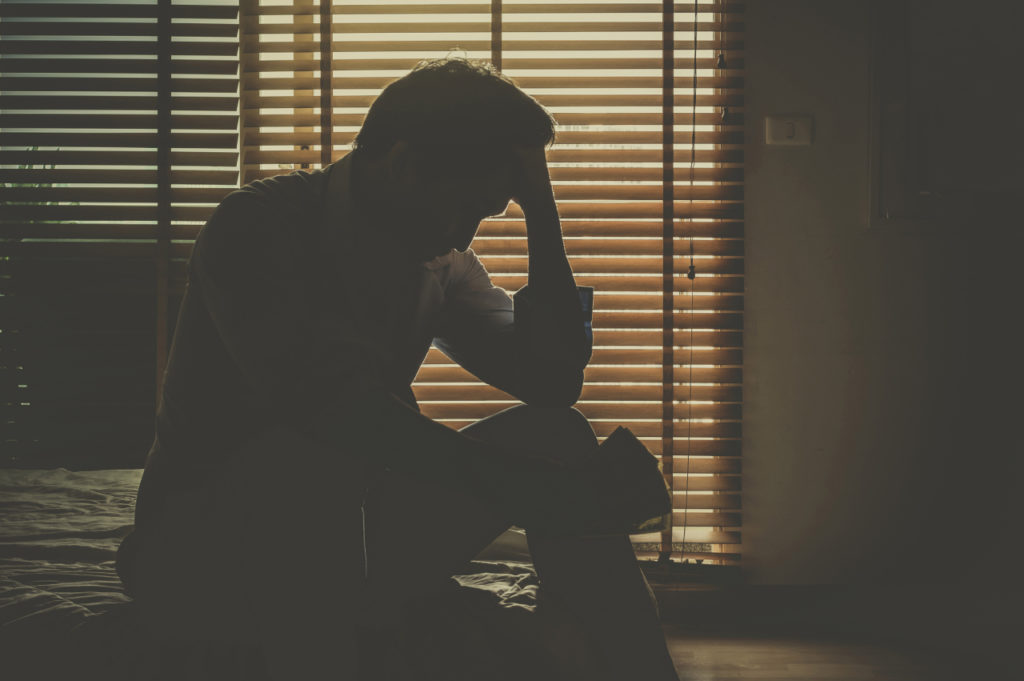TOPEKA, Kan. (KSNT) — Health officials and mental health doctors have warned of increasing feelings of isolation and lack of motivation since the coronavirus pandemic began. Now, as much of the midwest prepares for freezing temperatures, they say that risk is increasing even more.
Dr. Gregory Nawalanic, a psychologist with the University of Kansas Health System, told Kansas’ Capitol Bureau on Friday with more people staying home, especially in colder temperatures, the risk of depression becomes more severe.
“There’s been an uptick in depression, in terms of people feeling disconnected, and having a lot of struggle with motivation,” Dr. Nawalanic said. “When we see the temperatures dip, even going to the store can be a real challenge.”
According to the American Psychiatric Association, about 5% of adults in the U.S. experience symptoms severe enough to be defined as Seasonal Affective Disorder, or winter depression. But there’s a larger population that feels less severe symptoms and could still benefit from treatment.
A lack of exposure to sunlight can contribute to this, which has only been made worse by conditions people are experiencing during the pandemic.
Dr. Nawalanic said some people tend to disengage and self-isolate, which is why it’s important to find different ways to take care of themselves.
“When we start to isolate and when we stop engaging in different activities, our brain reads that, and says, this is what we do when we’re really sad, so we must be sad, and then we start to feel that way,” he said. “So, it’s important to really dig deep, find the effort to engage, and stay active.”
The University of Kansas Health system warned about the potential impact of the pandemic on mental health, breaking it down into four stages. The final stage consists of the risk for psychic trauma, mental illness, PTSD, economic injury, displacement, burnout and other mental health issues.
“We warned about the challenges of mental health with this pandemic that would hit what’s called the ‘fourth wave’,” said Jill Chadwick, a spokesperson for the organization.
Dr. Nawalanic said one of the main things he encourages his patients to do is to find new ways to be active and engage while staying safe.
His tips include:
- Eating healthier- Nawalanic says opting for healthier food options, like ones found on health blogs, can help boost your mood. Also, he said cooking with family members is a fun way to stay active as well.
- Exercising- According to Nawalanic, even ten minutes of stretching, walking, or plyometrics can help keep you focused and alert throughout the day.
- Getting good sleep- Nawalanic calls it practicing “sleep hygiene,” which means turning off your phone and electronic devices, and reading a book or talking with family before bed instead. He said getting a good night’s rest is key to staying healthy.
- Avoid “dog-piling” problems- Nawalanic said it’s important to remember to stay mindful and positive during this time, and to refrain from focusing more on what may be going wrong. Keeping a positive outlook can help build mental resilience during the pandemic.
- “Step back” from social media- By turning off social media, and talking with family and friends, even over the phone, Nawalanic said it can help you feel more connected.

